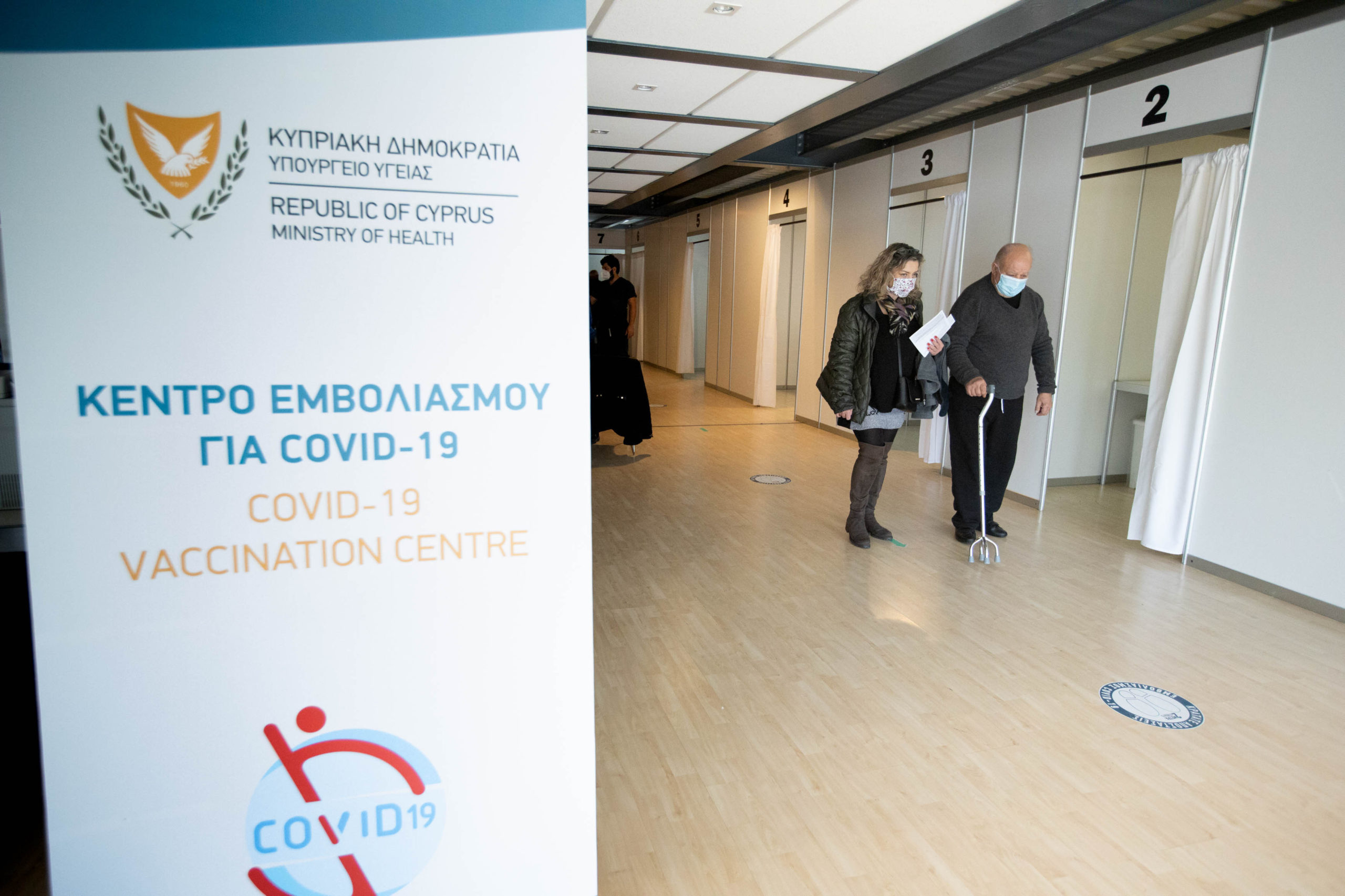Cyprus health authorities are ushering in a second COVID-19 booster shot for the elderly and the immunocompromised, amid concerns over a stubbornly high number of deaths that topped 902 since the pandemic started, nearly a third of which in the last three months alone.
The vaccination advisory body said that it was recommending the rollout of a fourth COVID-19 jab for people over 70, and all immunocompromised adults, regardless of age. First booster shots will also be made available to children over the age of 12.
The decision was taken as March is on its way to becoming the deadliest month on record, as in the first two weeks 41 patients lost their lives to COVID-19. On average, some three deaths were reported daily by health authorities this month.
January was the deadliest month on record with 101 patients losing their lives to COVID-19. February, the shortest month of the year, came close recording 91 deaths.
A ministry update on the vaccination history of people in hospital on March 8 showed that 35% of patients had received booster shots., while 80.5% of them were over the age of 70.
About 50% of the 867 deaths reported as at March 2, were 69-86 years old, with a median age of death of 79 years.
According to the latest epidemiological report issued by the Health Ministry, 56% of the total number of deaths for February were people aged 60 and older without a history of vaccination.
In recent comments to the Cyprus News Agency, the head of the team of scientists advising the government on handling the coronavirus pandemic, Dr Constantinos Tsioutis, had said that the rise in deaths is attributable to the increased transmission of the virus in recent days.
On Monday, health authorities announced 3,782 new infections, with no deaths on the report card for the first time in three weeks. Patient numbers had also dropped to 101, of whom 14 were in a serious condition.
Tsioutis attributed the surge of COVID-19 cases to people’s complacency following the relaxation of measures.
He said that for people to keep safe in these times, they must maintain “simple basic personal protection measures, which we know from the first day of the pandemic to be effective.
“These are social distancing, avoiding crowded areas, wearing a mask indoors, and testing after coming in contact with a known case”.










